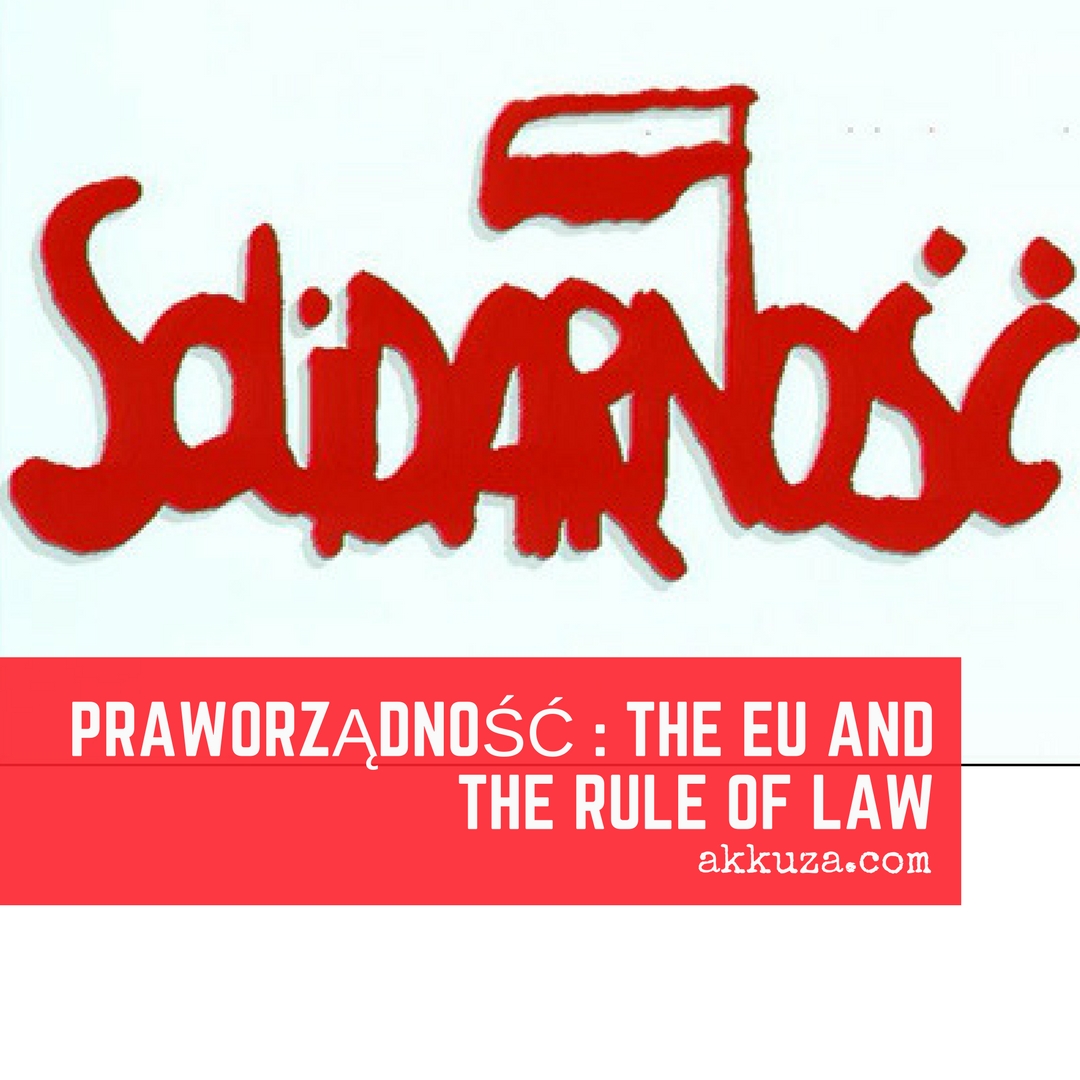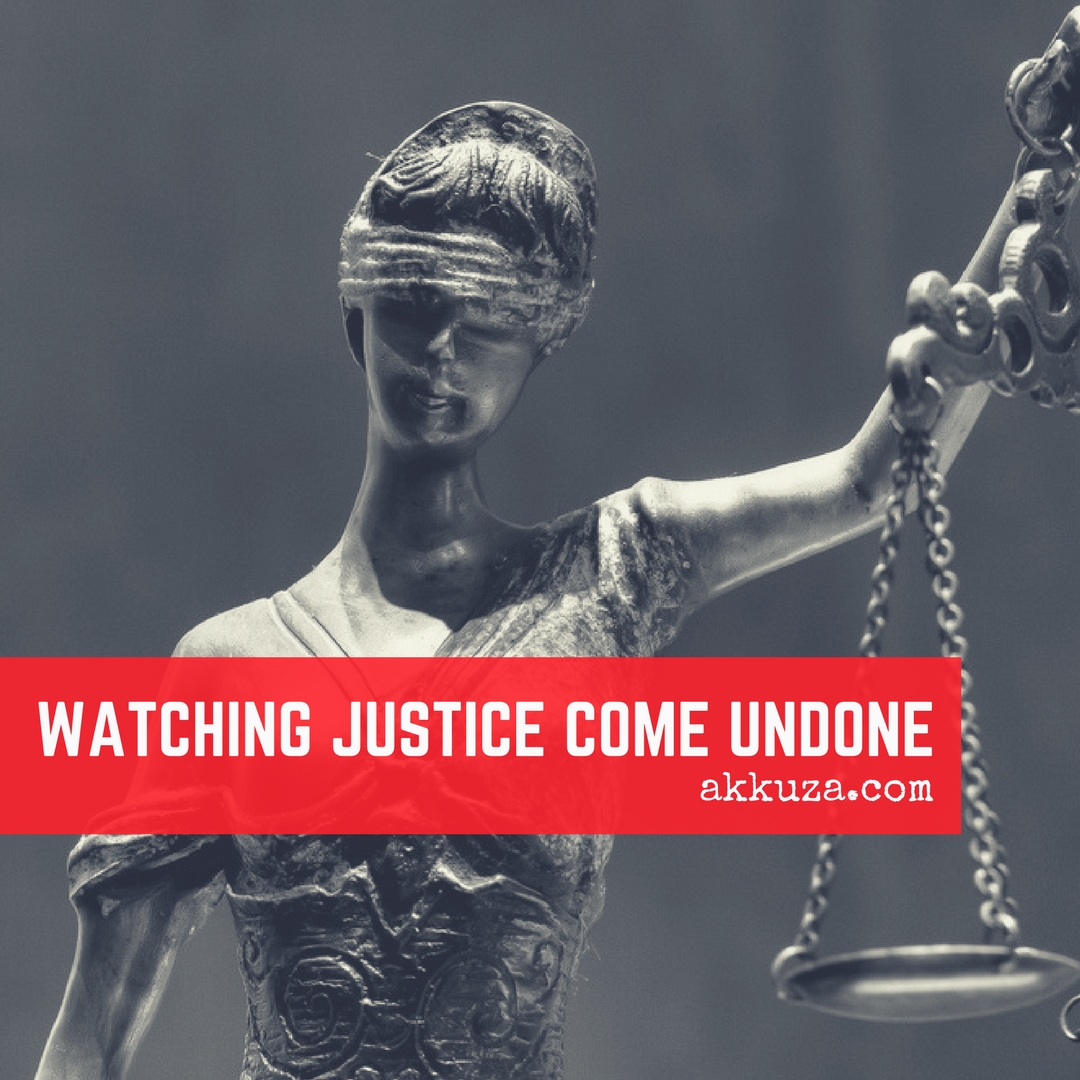The irony of Pilatus being in prison on the cusp of Easter.
Barabbas must be pissing himself and Judas can feel the noose around his neck.

The irony of Pilatus being in prison on the cusp of Easter.
Barabbas must be pissing himself and Judas can feel the noose around his neck.

The situation is not desperate. Thousands flock to Spinola Bay to drink and revel. The memorial has been cleared (again) because someone somewhere has decided that we have a collective need to forget and it is his duty to help us do so. Political appointees and apparatchiks everywhere will once again deem it necessary to denigrate the acts of remembrance and will drum the following mantra into your head – this is the time to make hay, the sun is shining. All the while the law is made an ass and the safeguards of real freedom are broken down.
Remember, remember the 16th of October,
A car bomb, impunity and plot
We see no reason,
Why systemic treason,
Should ever be forgot.
#justice #daphnecrauanagalizia #impunity

What was cleared last night was not Daphne’s memorial. What was cleared was the reminder that justice is failing, it was the reminder of a rebellion against impunity, a reminder that not all of society is prepared to keep their eyes, ears and mouths shut.
There will eventually be a time and place to discuss an eventual memorial to Daphne but this is not that time.
This is the time to return the candles, the messages and the photos that spell out clearly that the present political system operating in an ever dwindling space of rule of law will just not do.
There are crooks everywhere.

Christmas Eve 2017. As North Korea and the United States of America both threaten to take action against countries voting against them in the United Nations, Henley and Partners decide to do a bit of bullying of their own and attempt to silence the Shiftnews portal. Writing in the Shift today, the editorial team explains how letters threatening legal action were received by H&P in an attempt to silence them.
The peddlers of passports have taken offence at an article published in the Shift that reported what was already international news – “Henley and Partners involved in Grenada diplomatic passports scandal”. The article in fact quotes a number of other international sources that were already running the same story (see for example Caribbean News Now!). That is not the main point really.
The point is that Henley and Partners are not new to this business of using financial duress as a baton to beat critics of their operations into submission. Daphne Caruana Galizia had herself reported receiving a series of harassing and threatening letters from the legal representatives of Henley and Partners. Most of the local mainstream press has now openly admitted to succumbing to similar legal threats and to being obliged to remove articles covering the Pilatus bank scandal.
The SLAPP – strategic lawsuit against public participation – menace is a reality. Here is wikipedia’s definition:
“A strategic lawsuit against public participation (SLAPP) is a lawsuit that is intended to censor, intimidate, and silence critics by burdening them with the cost of a legal defense until they abandon their criticism or opposition. Such lawsuits have been made illegal in many jurisdictions on the grounds that they impede freedom of speech.”
SLAPPs are yet another weapon in this era of post-truth that is available to those who would be more comfortable with the existence of multiple “alternate truths” from which to choose. A SLAPP lawsuit helps create a world where one particular version of the truth vanishes from circulation – not because it was untrue but because it became too expensive to assert.
One way to fight this assault on freedom of expression is to make it impossible for the SLAPP lawsuit to become effective. Each and every one of us can be part of this. Pick up the news that they want to suppress. Circulate it. Retweet it. Instagram it. Blog it. Facebook it. SLAPP that bitch up.
I stand with the ShiftNews Team and I am reproducing all the necessary links in this post. Better still I am attaching a PDF of the text of the post that Henley and Partners want to vanish… .download it and circulate it.
The ShiftNews on H&P (click to download PDF)
and a Merry Effing Christmas to you all at Henley!
[UPDATE] – You can now help TheShiftNews by donating directly on this link here.


In a historic move today, the European Commission has initiated a procedure against Poland based on the clear risk of a serious breach of the rule of law. From the official press release:
Despite repeated efforts, for almost two years, to engage the Polish authorities in a constructive dialogue in the context of the Rule of Law Framework, the Commission has today concluded that there is a clear risk of a serious breach of the rule of law in Poland.
The Commission is therefore proposing to the Council to adopt a decision under Article 7(1) of the Treaty on European Union (see Annex II).
The European Commission is taking action to protect the rule of law in Europe. Judicial reforms in Poland mean that the country’s judiciary is now under the political control of the ruling majority. In the absence of judicial independence, serious questions are raised about the effective application of EU law, from the protection of investments to the mutual recognition of decisions in areas as diverse as child custody disputes or the execution of European Arrest Warrants.
This is not something that can or should be taken lightly. In a local (Maltese) context, this should put paid to the myth that the eyes of the EU institutions are only focused on Malta (vide Pana Committee and recent Rule of Law task force) and that they are focused on Malta because of the work of some “traitors”. It should also put paid to the yarn being spun in some quarters that the rule of law is some “cliche'” that only serves the ulterior hidden purposes of power-hungry groups eager to overturn the current status.
Interestingly the Commission focuses on the judicial reforms in Poland that have severely prejudiced the independence of the judiciary – the main default in the state of the rule of law in Poland is seen to be the judicial branch. The deficiencies are in the powers of appointment and removal that have been arrogated to the executive in recent legislative changes.
Why should Malta care?
Malta’s current system of appointment, removal and scrutiny of the judiciary is already flawed as it is. All the talk about reform, even in the judicial sector, remains just that – talk. Over the years the loopholes in the system that stem from the excessive discretion of an all-powerful judiciary have only been worsened. Our Prime Minister may “take note” in some cases (in answer to the Chief Justice for example) or “be perplexed” in others (as when he feigns ignorance of the consequences of the Ombudsman’s warnings regarding the internal kangaroo courts being set up within the public service). There is only so long that these lies can hold though.
Alarm bells will continue to be rung – if not by a spineless opposition that seems to be ever more hell bent on joining the populist battle, at least by a wider civil society made up of varied exponents and NGOs that feel it is their duty to act as Malta’s last conscience. Poland had long been playing with fire and is now in direct line for losing certain rights under the EU system. Malta could very well be next.
In the eighties Malta looked closely and learnt lessons from the happenings in Warsaw and Gdansk. The solidarność (solidarity) movement was adopted as a precursor for the calls of Work, Justice and Liberty that brought about change from a tired system. This time round we might do well to take heed and see how Poland solves its problems with praworządność (rule of law).
Now. Before it is too late.


Magistrate Charmaine Galea has just decreed her own recusal from the compilation of evidence in the Caruana Galizia murder trial.
“Magistrate Charmaine Galea followed where magistrate Donatella Frendo Dimech left off last week and said she would not hear the compilation of evidence against the three accused, on the grounds that Ms Caruana Galizia had mentioned her in blog posts concerning Labour Party appointees to the judiciary.” (Times of Malta)
A few off the cuff facts (for which I thank some colleagues who are more familiar with the ins and outs of the courts) are warranted at this stage. Malta’s current line-up on the Magistrate’s bench has a grand total of 22 Magistrates. The standard for recusal that has just been set by the combined abstentions of Magistrates Dontella Frendo Dimech and Charmaine Galea is quite low. Magistrate Frendo Dimech’s abstention stemmed mainly from a weak level of familiarity with the victim’s sister (they shared a schoolbench) while Magistrate Galea referred to direct criticism that she received from the victim upon her appointment:
“Magistrate Galea has just read out a statement saying Daphne Caruana Galizia had written about her nomination to the bench and linked it to her closeness of the government of the day.” (still the Times Court report)
Now, that link – the one related to Daphne’s criticism of Labour’s appointment of magistrates – has delivered a severe blow to the list of 22 magistrates. Decimation does not begin to describe it. In fact, writing on the 20th of November 2016, Daphne Caruana Galizia detailed the specifics of government appointments to the Magistrates’ bench:
“This government has made 14 appointments to the bench in three years, 10 of whom are connected directly to the Labour Party. The other four are Judge Giovanni Grixti (formerly a magistrate), Judge Edwin Grima (formerly a magistrate), Magistrate Donatella Frendo Dimech (formerly at the Attorney-General’s Office), and Magistrate Aaron Bugeja (formerly in private practice).” (Running Commentary, November 20th, 2016).
The rest of the blog post in question develops an argument that implies without any doubt the ‘political’ nature of Labour government appointees through the years. In this context, Magistrate Charmaine Galea’s abstention should not come as a surprise and is actually the more ‘justified’ of the two until now seeing how Magistrate Frendo Dimech was specifically singled out by Daphne (together with another three magistrates) as not having been a political appointee. What does stand out is that by the same reckoning as applied by Magistrate Galea, 9* other appointees to the bench (10 out of the list of 22) qualify for the same reasoning, the same abstention.
We may argue at length whether or not the abstentions are sufficiently justified but that is not the point that I want to make here. The point that comes out clearly from the current debacle is that when Daphne Caruana Galizia, like many others, was pointing out the political nature of appointments to the judiciary back in 2016 (and even before that) she was actually highlighting a deficiency in the system: one that makes it weak and vulnerable. This is the tangible effect of the breaking down of the rule of law. Justice is not being seen to be done, it is being undone bit by bit.
The independence of the judiciary is a fundamental building block of a system based on the rule of law. It is a fundamental building block for any liberal democratic society. When the judiciary is treated as yet another domain wherein ‘jobs for the boys (and girls)’ are to be found, it becomes yet another dagger in the back of the proper administration of justice and consequently of the proper running of the state. The merry-go-round of recusals will necessarily go on if the roster by lot will continue to throw up names who feature on that November 20th post. It is inevitable. It is a vicious circle.
The blame is not to fall on the journalist and opinionists who pointed out the deficiencies and bad-will in the nominations. It is to fall on a government that proceeded to turn nominations to the bench into a farce. It is a government that will sit on a case of impeachment of a judge until he retires out of the grasp of justice. It is a government that will wait for the exact amount of years required by the constitution to pass for the appointment of a young, green, lawyer to the post of magistrate because rule by law trumps rule of law any day.
The not so impeached judge happened to be the father of a labour candidate, the young green lawyer happened to be the daughter of the ex-labour deputy leader and current speaker of the house. One other nominee to the bench – Ingrid Zerafa Young – withdrew her nomination after it transpired that her appointment could have breached the Constitution since she was a member of the Employment Commission. It was Dr Zerafa Young, not the government, who withdrew her nomination.
As you follow the merry-go-round of recusals do not laugh, do not find it funny and most of all do not blame the magistrates in question. Instead remember that this is a direct consequence of the breakdown of the rule of law in this country.
We all know where the blame for that falls squarely.
*This post has been edited because the previous version wrongly implied that all the appointees mentioned in the Running Commentary’s posts were magistrates. 4 of those were in fact judges and therefore should not be considered in this particular case.